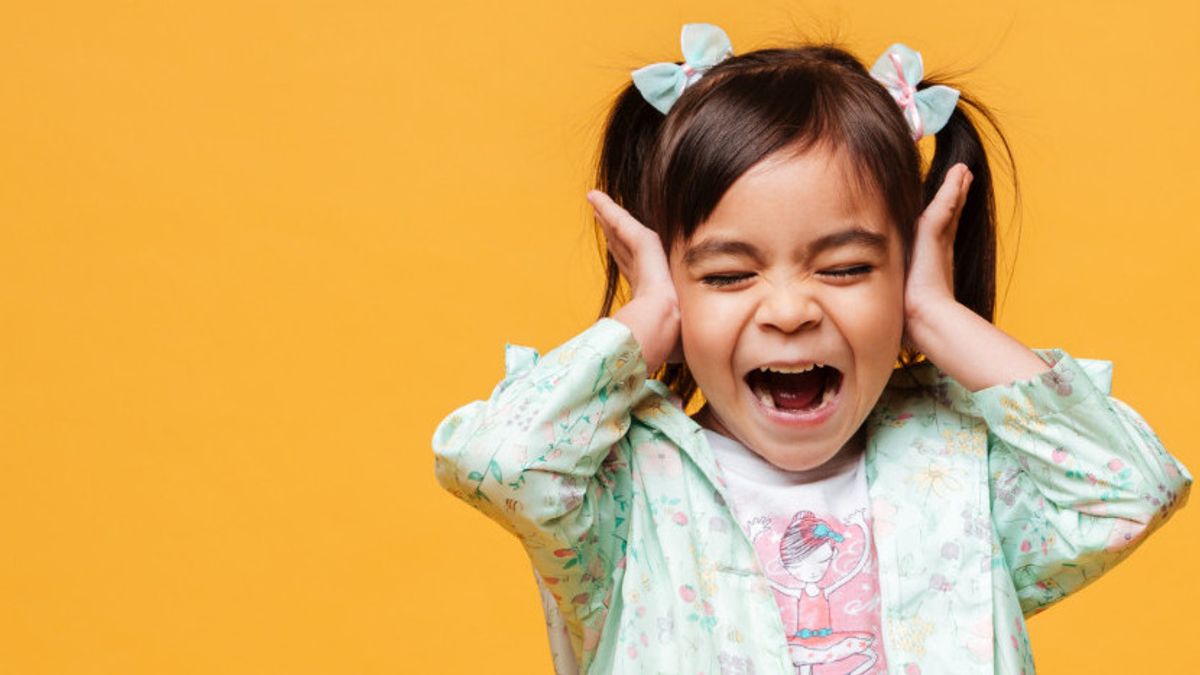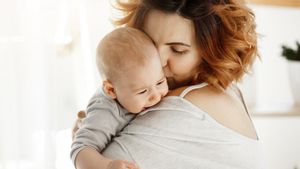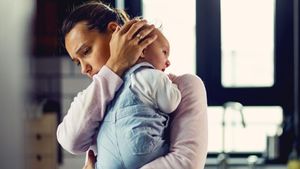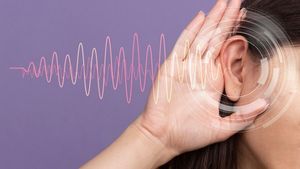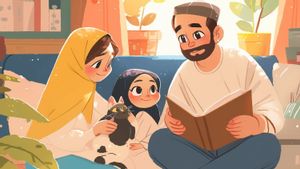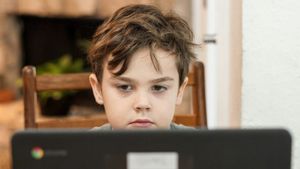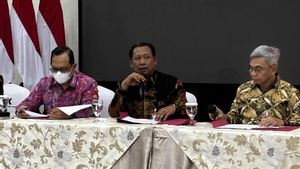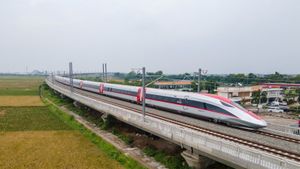YOGYAKARTA Loud noise or noise, also called noise pollution, has an impact on children's hearing. For example, the sound of fireworks, firearms, or loud music playing, is also not good for early childhood. Pollution of sound comes from certain sources, including road traffic, airplanes and living near badara, trains, or other loud sounds, even television sounds, can also be annoying. The following is the bad effect of loud noise and noise for early childhood.
Environmental noise tends to cause hearing problems compared to the sound of violence from personal devices, such as congregational devices or earbuds or earphones. Such as the sound of music concerts, sporting matches, dances, and celebrations, classified as unexpected environmental noise and having a bad impact on early childhood hearing.
Compared to adults, children are more prone to noise because they are still in a period of growth and development. Children also lack control over the voices they catch.
Reading, remembering, and doing well examinations can be disrupted when there is a lot of noise in the surrounding environment. Even noisy conversations can make it difficult for children to understand the material they are studying. In addition, the sound of passing airplanes also makes it difficult for children. So when learning activities are important to keep the environment calm so as to allow children to learn to focus.
For infants and early childhood who are learning to speak, a noisy environment makes it difficult for them to understand the conversation. They should focus on learning to talk, but because the surrounding sound is noisy, it interferes with their concentration in imitating and doing speech exercises.
Playing is important in children's development. Many children are exposed to background noise, for example from loud television. When television is left on when toddlers and babies play, they don't really focus on playing with their toys.
Loud noise and noise often interfere with sleep. According to the World Health Organization (WHO/World Health Organization) reported by Healthy Children, Wednesday, May 15, millions of people experience poor sleep quality due to night noise, highway traffic, and other sources of sound.
Research conducted on adults shows a low level of night environmental noise also causes more body movement, waking up from sleep, and other sleep disorders. Although it is often not realized during sleep, this impact causes the quality of sleep to be low and causes drowsiness during the day so that children's learning activities will be affected.
SEE ALSO:
Hearing too much noise and causes a person's body to react to stress. For example, premature baby care in neonatal intensive care units (NICU). Babies treated in the room should avoid exposure to the sound of alarms, telephones, ventilators, pumps, monitors, and incubators. Because if exposed to the sound, there is a change in their breathing, heart rate, and oxygen levels.
Noise can increase blood pressure on children and adults. Loud speech and noise in the long term, increasing the risk of having a heart attack.
Some children with special sensitivities, such as autism spectrum disorders (ASD), hyperactive disorder with a attention deficit (ADHD), sensory processing disorders, or learning differences, may be disturbed by loud noises or noise that usually don't disturb children without these conditions. Although further research needs to be done regarding the bad effects of loud noise or noise for early childhood, parents still have to make sure their beloved children grow up in a safe and comfortable environment.
The English, Chinese, Japanese, Arabic, and French versions are automatically generated by the AI. So there may still be inaccuracies in translating, please always see Indonesian as our main language. (system supported by DigitalSiber.id)
